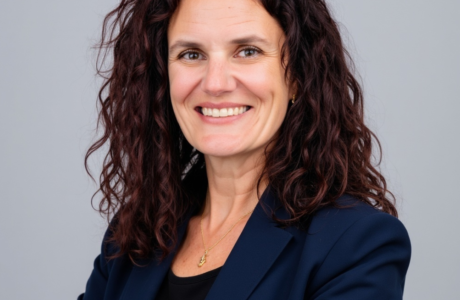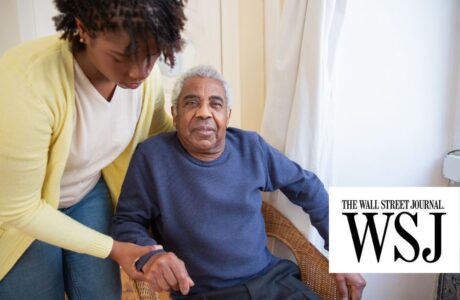
End of Life Options: What is MAID?
In select jurisdictions across the United States, competent adults with terminal illnesses have the legal option to receive a prescription for life-ending medication. This process is known as Medical Aid in Dying (MAID). This compassionate alternative, often referred to as Death with Dignity, allows individuals to retain control over their end-of-life journey.
A Path of Choice and Compassion
Residents of some states, including California, Colorado, Oregon, New Mexico, Maine, New Jersey, Vermont, Washington State, Hawai’i, and Washington, D.C., have legal access to MAID. Eligibility requires being a competent adult over the age of 18 and having a terminal diagnosis with a life expectancy of six months or less. Engaging the support of a licensed Medical Doctor (MD) is vital, as they help navigate the process, offer guidance, and ultimately prescribe the life-ending medication. It’ss important to note that each jurisdiction has its own unique set of laws and regulations.
The Comfort of Choice
For many individuals with terminal illnesses, simply knowing that MAID is an available option brings comfort and peace of mind. While some may choose to have the medication on hand without a definitive plan for its use, others may decide to proceed when the time feels right. The autonomy to make this deeply personal decision provides a sense of control and empowers individuals to shape their own narrative as they approach the end of life.
Understanding the Nuances
Medical Aid in Dying requires fulfilling specific criteria and adhering to legal standards. These include receiving evaluations from two independent physicians (an Attending Physician and a Consulting Physician) who confirm the patient’s qualifications. Additionally, there’s a mandatory waiting period between requests, typically ranging from 48 hours to 21 days. It’s crucial that the patient retains the ability to self-ingest the medication, either by swallowing it or through alternative methods like a feeding tube or rectal tube. Competence and sound decision-making capacity are essential prerequisites, as those who are cognitively impaired can’t request MAID.
Seeking Knowledgeable Support
Engaging a physician and a dedicated team experienced in the MAID process is highly advisable. Such professionals ensure strict adherence to legal requirements while providing compassionate support. With their expertise, individuals can navigate the intricacies of this choice with a heightened level of understanding and comfort.
By shedding light on Medical Aid in Dying (MAID), our intention is to foster awareness of dignified end-of-life options. We believe in equipping individuals with the information and support needed to live a life filled with joy and comfort, while also empowering them to approach death with peace and agency. Though conversations about dying may evoke discomfort, addressing this topic alleviates undue suffering and offers solace during an inherently challenging time.
If you need support, advice, oir guidance in the best decision for you or a loved one, you can always reach out to our team at Empowered Endings.





